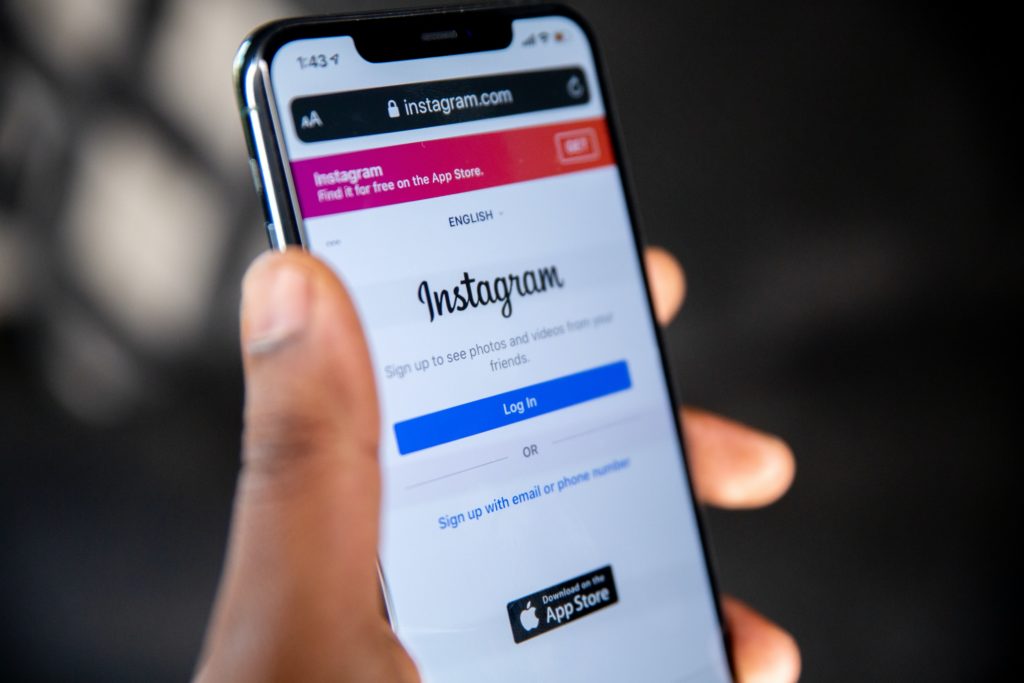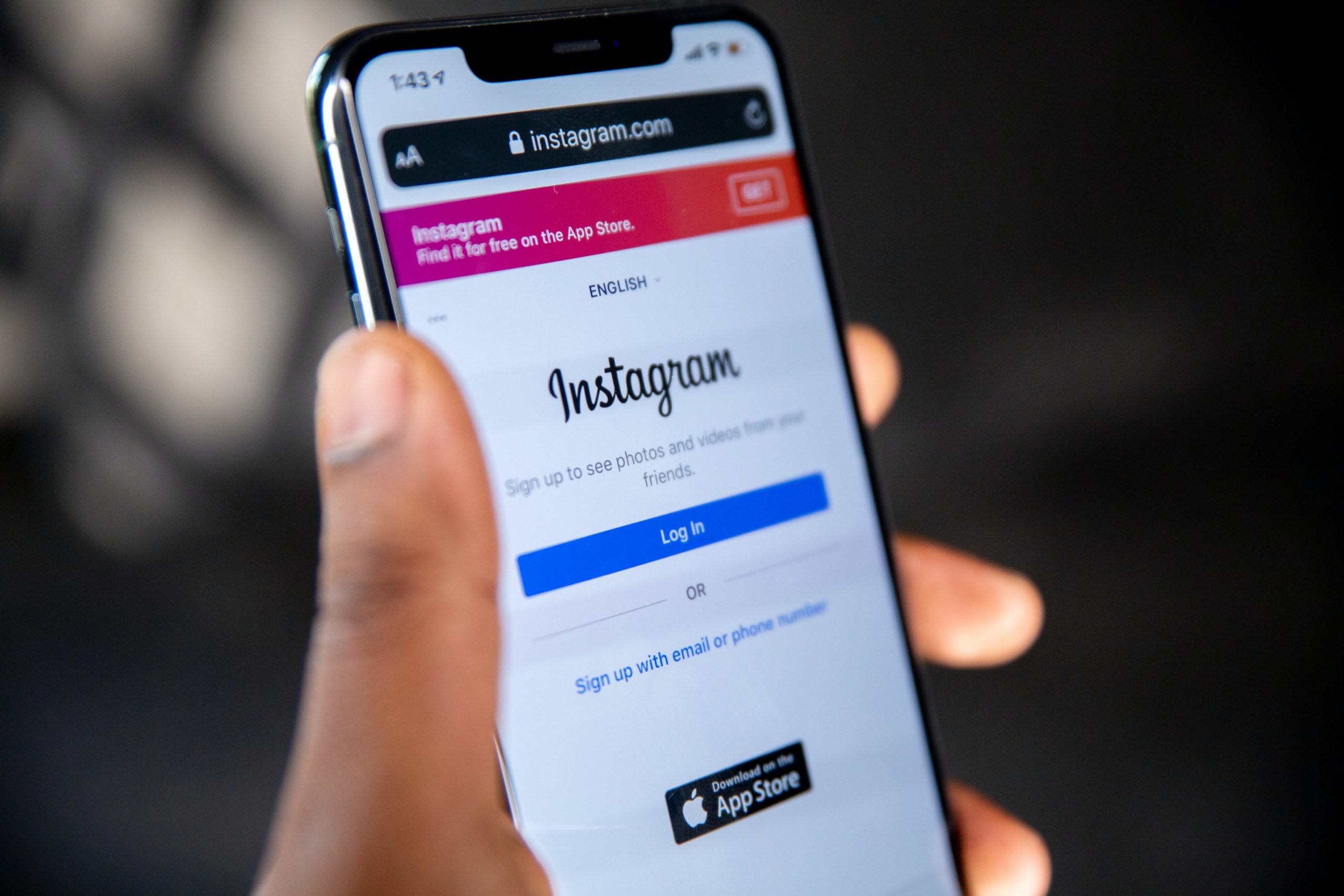For Mental Health Month, we’re sharing a thought-provoking personal essay by Emily Shon on how her generation’s approach to Instagram is shifting. Emily is part of culturecore, Golin’s youth culture agency. For more information on culturecore, email us here (hyperlink email: culturecore@golin.com).
by Emily Shon, Manager, Content Creation
Why you should unfollow everyone you know.
Sometime over the last few years, I learned not to scroll through my Instagram story viewers if I wanted to protect my mental health. If you look through the list, you can see my former and current boss, my middle and high school classmates, some guy I matched with on Hinge a few years ago, and a few girls I met in line for the bathroom at a club. All of them watching a 15-second still of the bowl of pasta I had for lunch.
My high school classmates probably think I’m trying too hard to be an influencer.
I wonder if my gym friends are judging me for eating pasta two days in a row.
My coworker is probably judging me for being that person who takes pics of their food.
Or maybe people are wondering why I’m even sharing this to my story because who cares what I’m eating for lunch?
But then why are they watching?
Are they hate-watching my content?
Oh my god, they hate me.
And suddenly I’m overthinking what I just posted — something as innocent as a bowl of pasta — because of how acutely aware I am in that moment of being perceived by others. By people I’ve encountered, throughout all of my different phases and past lives, staying up to date with what I’m doing.
Context collapse, imagined surveillance, and anxiety – oh my!
There’s a term for this phenomenon. Yes, “anxiety” (lol), but also “context collapse.” Sociologist Erving Goffman theorized that individuals adapt their identity to the audience before them. Simply put your middle school classmate probably knows a different version of you than your college roommate. While this may have been more manageable pre-internet, these days, social media conflates all of these audiences into one. Everyone is viewing that bowl of pasta in a different context. And if you’re prone to anxiety like me, you may have difficulty navigating those different perceptions. Goffman calls this “imagined surveillance.” But, instead of surveillance from one entity, you’re balancing your online behavior to avoid posting content deemed inappropriate for one audience or another. K, so that’s why I posted and deleted my story five times last week. Makes sense.
Not everyone deserves access to you
When you meet someone new, which socials do you exchange? Snapchat seems too intimate off the bat; LinkedIn seems too professional. We won’t even talk about Facebook. Instagram has become our most public-facing platform, but lately, it seems to be the social media platform everyone has out of obligation. No one actively posts anymore because doing so feels like we’re oversharing daily details of our lives with people we don’t know or particularly care about (and the feeling is probably mutual). It feels cringe.
A TikTok user named @asgeem posted a video, sharing:“Posting anything on Instagram right now feels like an overshare. Like, I literally posted my food last night, and I went and deleted it because I’m like, ‘They don’t even deserve to know this part of me.”
The video, which amassed over 4.1M views, was flooded with comments expressing agreement. One user wrote, “So real! Instagram feels so embarrassing.” Another user wrote, “I think it’s part of maturing and growing up too! Realizing that not everyone needs access to you.”
So what can we do?
There’s no shame in growing apart in different directions. Still, we’re just the first generation that doesn’t allow people to drift apart peacefully because of this new “social media etiquette.” Instagram’s “mute” and “close friends” features attempt to remedy this modern infliction, enabling us to avoid the yucky work of setting boundaries with others. I’m an advocate for unfollowing and removing people from social media despite the stigma, but I recently discovered a new method: deleting my public Instagram entirely and starting over with a more personal, private account.
I’m surprised it took me this long – most of my friends stopped using their public-facing Instagram accounts years ago in favor of smaller, private ones. I see more and more of my peers interested in refreshing their social media presence and starting over, expressing a desire to “post whatever they want.”
I thought I would miss my old account – it held over 8 years of curated memories and, over time, amassed an audience of over 8,000 followers. But my mental health has never been better. I only stay connected to my close friends, so I don’t worry about how I’m being perceived. I can shitpost freely because I don’t curate my content for anyone except myself. Deleting my outdated account removed the heavy weight of obligation. I didn’t sign up for a networking platform. I just wanted to share my life and connect with people I care about, and that’s all I ever wanted from Instagram or any social media platform, really.
And unlimited pasta pics, of course, free of inhibition.
references / further reading
Christopher R Darr, Erin F Doss, The Fake One is the Real One: Finstas, Authenticity, and Context Collapse in Teen Friend Groups, Journal of Computer-Mediated Communication, Volume 27, Issue 4, July 2022, zmac009, https://doi.org/10.1093/jcmc/zmac009
Sofia Dewar, Schinria Islam, Elizabeth Resor, and Niloufar Salehi. 2019. Finsta: Creating “Fake” Spaces for Authentic Performance. In Extended Abstracts of the 2019 CHI Conference on Human Factors in Computing Systems (CHI EA ’19). Association for Computing Machinery, New York, NY, USA, Paper LBW1214, 1–6. https://doi.org/10.1145/3290607.3313033
Loh, J. (M. I., & Walsh, M. J. (2021). Social Media Context Collapse: The Consequential Differences Between Context Collusion Versus Context Collision. Social Media + Society, 7(3). https://doi.org/10.1177/20563051211041646
Sijia Xiao, Danaë Metaxa, Joon Sung Park, Karrie Karahalios, and Niloufar Salehi. 2020. Random, Messy, Funny, Raw: Finstas as Intimate Reconfigurations of Social Media. In Proceedings of the 2020 CHI Conference on Human Factors in Computing Systems (CHI ’20). Association for Computing Machinery, New York, NY, USA, 1–13. https://doi.org/10.1145/3313831.3376424

